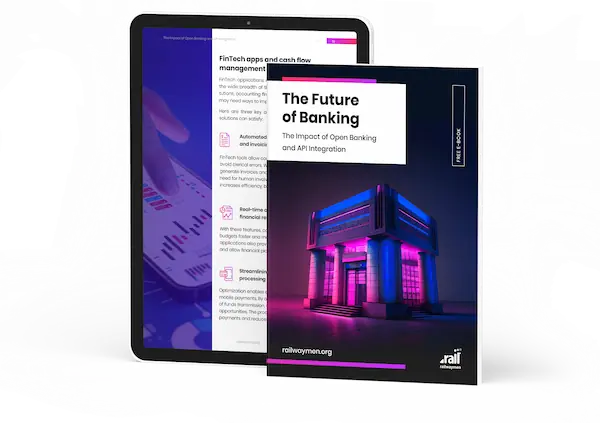FinTech, also known as financial technology, has revolutionized banking and modern finance. The definition of FinTech includes all innovative technologies that are used to improve and automate financial transactions. These include simple applications for mobile payments, as well as more complex technologies such as cryptocurrencies or blockchain.


.jpg?width=1051&name=The%20basic%20innovations%20of%20FinTech%20industry%20(1).jpg)


.jpg?width=1051&name=Integration%20of%20Xero%20and%20its%20benefits%20for%20FinTech%20companies%20(1).jpg)


.jpg?width=1051&name=pexels-danielofthewest-19181913%20(1).jpg)





